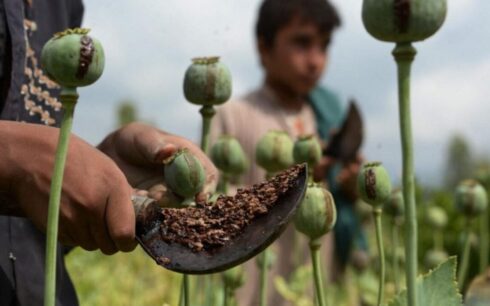South Korea’s fertility rate, the lowest globally, dropped further in 2023, with women postponing childbirth or opting out entirely due to career concerns and the high costs of raising children.
Statistics Korea reported Wednesday that the average number of children a South Korean woman is expected to have during her lifetime decreased to a record low of 0.72, down from 0.78 in 2022.
This figure falls significantly below the 2.1 children per woman required for population stability and is a sharp decline from the 1.24 rate in 2015, a time when concerns over housing and education costs were less pronounced. Since 2018, South Korea has been the only Organisation for Economic Cooperation and Development (OECD) member with a fertility rate below 1, despite extensive government spending aimed at reversing the declining population trend.
The country experienced its fourth consecutive year of population decline in 2023.
Additionally, South Korea has the highest gender pay disparity within the OECD, with women earning roughly two-thirds of what men earn. Jung Jae-hoon, a professor at Seoul Women’s University, noted, “Women often struggle to advance in their careers due to childcare responsibilities and extended leaves from work.”
Gwak Tae-hee, a 34-year-old junior manager at a Korean dairy company, shared her dilemma of balancing career aspirations with the desire to start a family. Married for three years, Gwak considered in vitro fertilisation (IVF) but chose to prioritize work projects to enhance her career opportunities. “In Korean companies, working part-time doesn’t advance your career. I hope it’s not too late when I decide to try for a baby in the next year or two,” Gwak expressed.
The country’s demographic challenges pose significant risks to economic growth and the sustainability of the social welfare system, with projections indicating the population could halve by the century’s end from the current 51 million. With the fertility rate expected to dip further to 0.68 in 2024, Seoul, burdened by the highest housing costs, recorded the lowest rate at 0.55 last year.
In light of the upcoming April elections, South Korea’s major political parties have promised more public housing and accessible loans to boost childbirth, addressing the looming threat of “national extinction” due to plummeting fertility rates.





